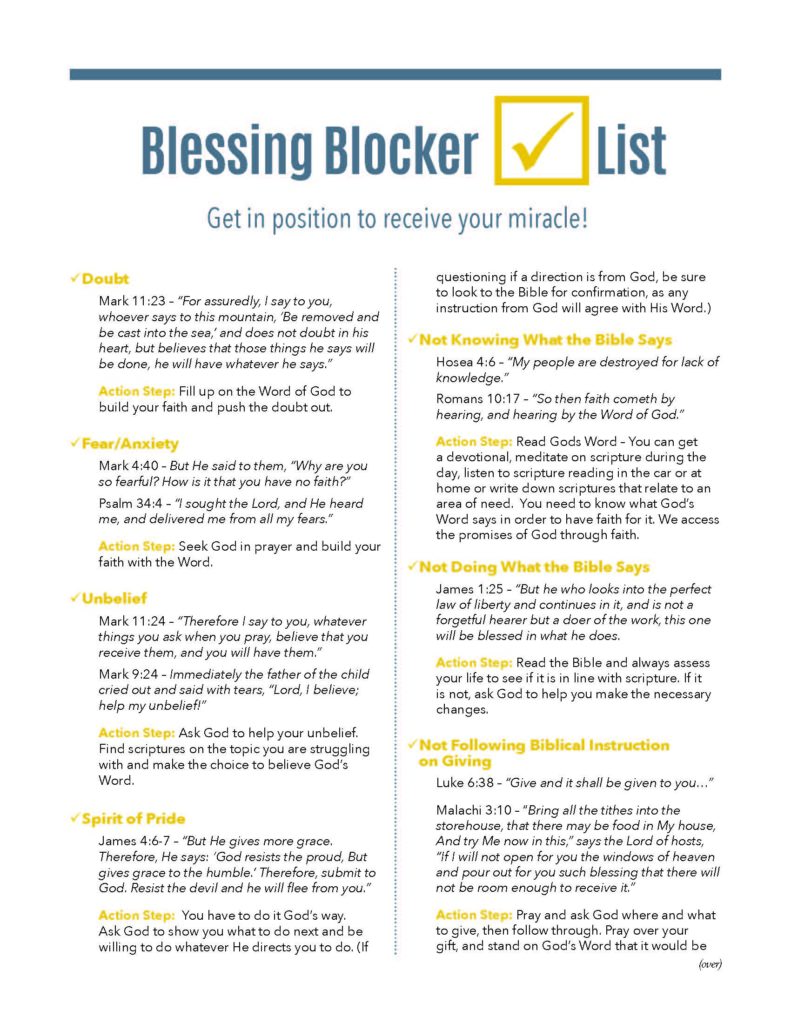Richard Roberts
In all the great trials of my life, the shattering losses and the times when I’ve tasted the bitter dregs of defeat — when I’ve had great faith, little faith, and even no faith at all — the thing that brought me through was my relationship with my heavenly Father through prayer.
The Lord paints a vivid picture in Luke 18:1–8 of what it means to have a Bible-based life of prayer. He starts off by saying, Men always ought to pray, and not lose heart.
Throughout the Bible, God has given His people many commandments by which He calls us to live. But generally they do not contain the words “always ought” as in Luke 18:1. For example, when Jesus gave us the greatest commandment of all, “You shall love the Lord your God with all your heart, with all your soul, with all your mind, and with all your strength” (Mark 12:30), He didn’t preface it by saying, “always ought.” Nor did He say “always ought” when He instructed us to love our neighbors as ourselves (v. 31).
And when Jesus told us to “Render therefore to Caesar the things that are Caesar’s, and to God the things that are God’s” (Matthew 22:21), He didn’t stress its importance by first saying “always ought.” Even when Jesus taught us to deny ourselves, take up our cross, and follow Him, He didn’t underline the magnitude of the point He was making with “always ought.” (See Matthew 16:24.)
We cannot get away from the uniqueness of the phrase “always ought” in this compelling passage from Luke’s gospel. It shows us the absolute necessity of living in a state of constant communication with God.


